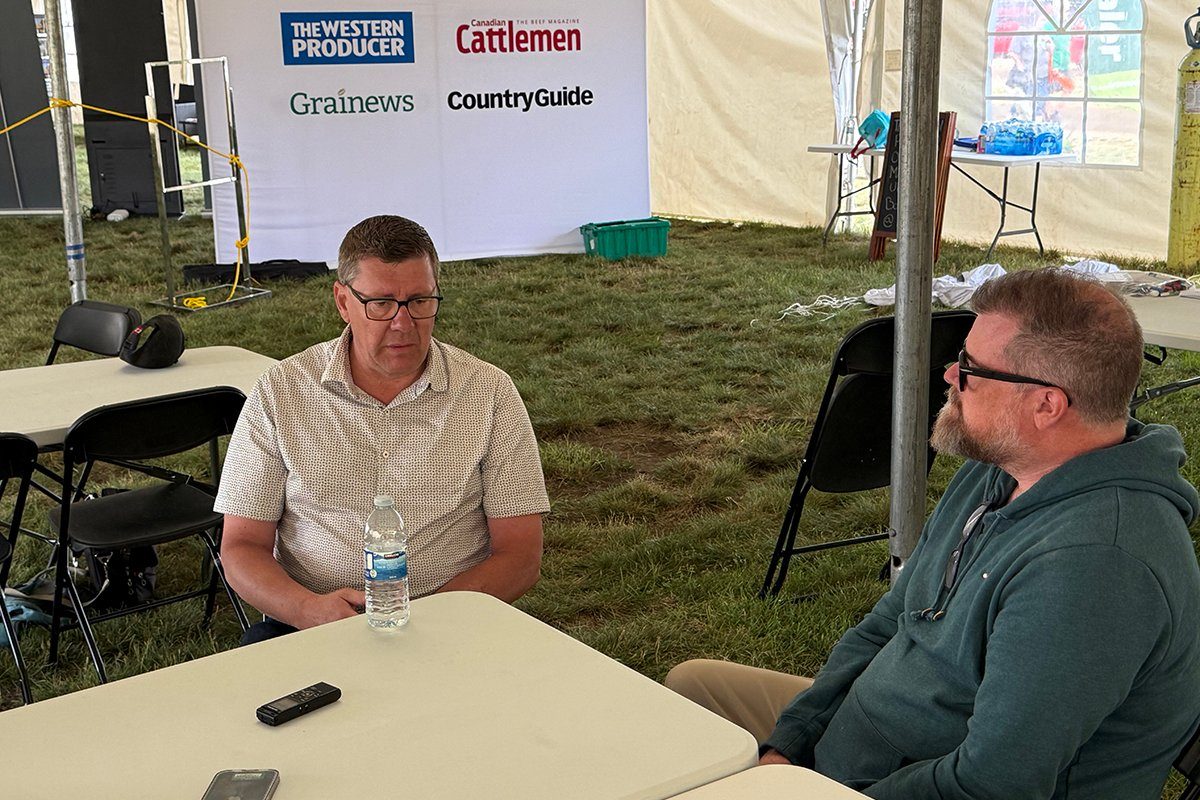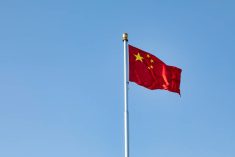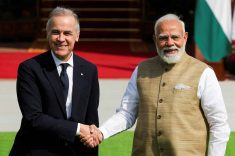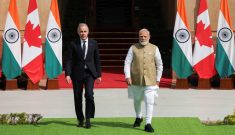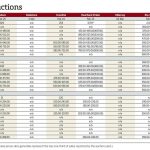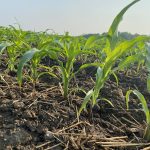Glacier FarmMedia — Scott Moe is in a conciliatory mood.
Moe had plenty of kind things to say recently about Canadian Prime Minister Mark Carney, which wasn’t the case with Carney’s predecessor Justin Trudeau.
“Far be it for me to say a number of nice things about a Liberal prime minister over the course of the last decade,” the Premier of Saskatchewan said during an interview at Ag in Motion 2025.
Working with Carney government
But Moe is ready to turn the page and start working with Carney on important shared issues for Saskatchewan and Canada.
Read Also
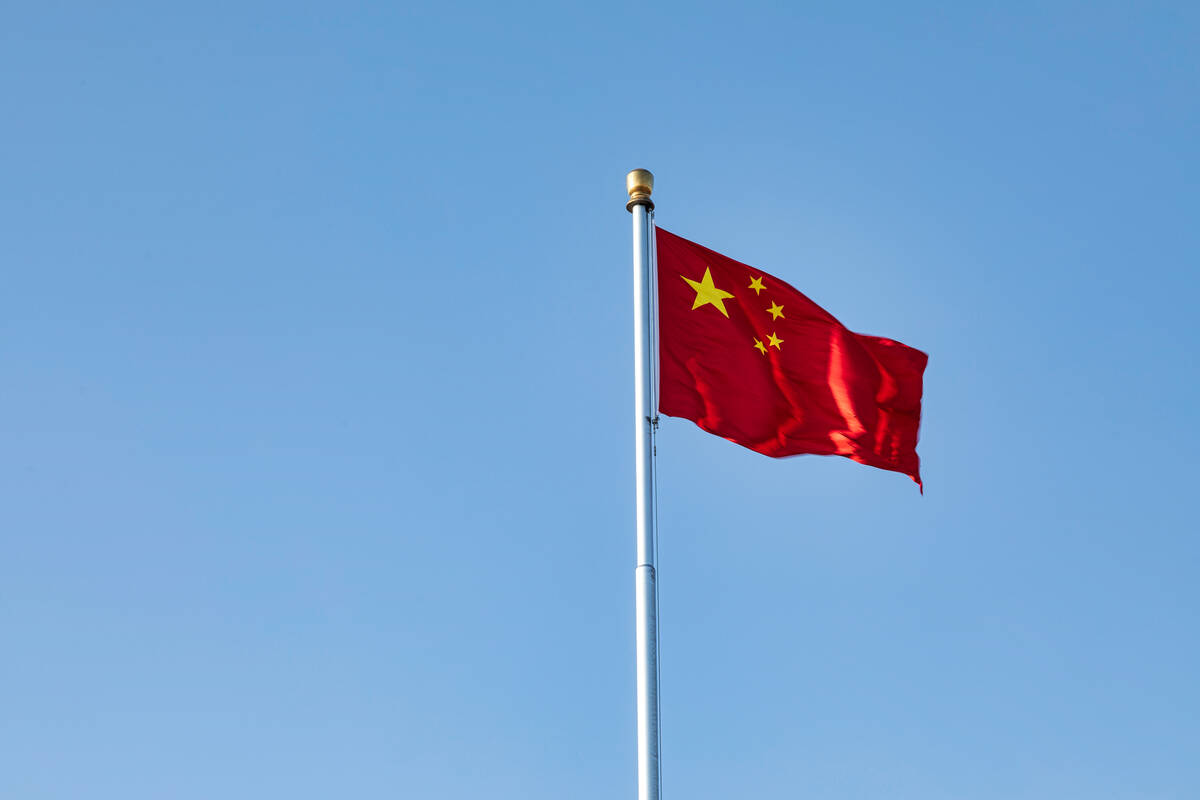
China has reduced tariffs on Canadian canola, peas, federal government confirms
China has suspended anti-discrimination tariffs on canola meal and peas until the end of the year and reduced tariffs on canola seed, Canada’s government confirmed today.
That includes agricultural issues, such as providing regulatory certainty in the renewable fuels market.
“In order to attract investment, you need certainty, and we just haven’t had that with the political changes that have been happening in Canada,” he said.
Follow all our Ag in Motion coverage at the Western Producer.
“This is an area where we can actually collaborate with the federal government.”
Moe had trouble finding a “credible landing spot” on a number of policies with Ottawa over the past decade due to his “challenging relationship” with Trudeau.
“I would say that has changed,” said the premier.
“I am hopeful and entirely putting our best foot forward on working with the Carney government on finding those landing spots.”
Relations with China
China’s tariffs on peas, canola meal and oil, pork and seafood is another agriculture file he intends to work on with Ottawa.
He is hopeful there could be a resolution to that trade spat under Canada’s new leadership.
“I’ll give credit to (Prime Minister) Carney for the engagement that he has undertaken and now a number of his ministers are undertaking with China,” said Moe.
He has had discussions with the prime minister about how Saskatchewan can support the federal government in reaching out to China, which is Saskatchewan’s second biggest trade partner behind the United States.
Moe hopes that broader engagement with China will also result in the Asian giant dropping its anti-dumping investigation into Canadian canola seed exports.
China’s current and potential future tariffs have a bigger impact on Saskatchewan’s farmers than U.S. President Donald Trump’s more headline-grabbing, on-again, off-again tariffs.
That is because 95 per cent of the province’s exports to the U.S. are insulated by the Canada-United States-Mexico Agreement (CUSMA).
CUSMA and U.S. trade
But Moe worries about a potential pause in CUSMA considering that $30 billion or 55 percent of the province’s exports head south of the 49th parallel.
And he said the tariff spat with the U.S. is having severe ramifications despite the CUSMA shield due primarily to Canada’s counter tariffs.
For instance, those counter tariffs are raising the price of grain bins made in the U.S.
Moe said it is hard to do, but people need to look past Trump’s rhetoric and focus on the reality that the U.S. will continue to be Saskatchewan’s largest trading partner and ally in the future despite the current topsy-turvy situation.
Saskatchewan’s premier is also pushing for increased co-operation between Canada’s provinces and territories.
He is advocating for an expansion of the New West Partnership Trade Agreement, an accord between the provinces of British Columbia, Alberta, Saskatchewan and Manitoba.
Moe is sending a letter to Canada’s remaining six provinces and three territories inviting them to sign on to the pact.
“It is the quickest way to have free and fair trade across Canada,” he said.


